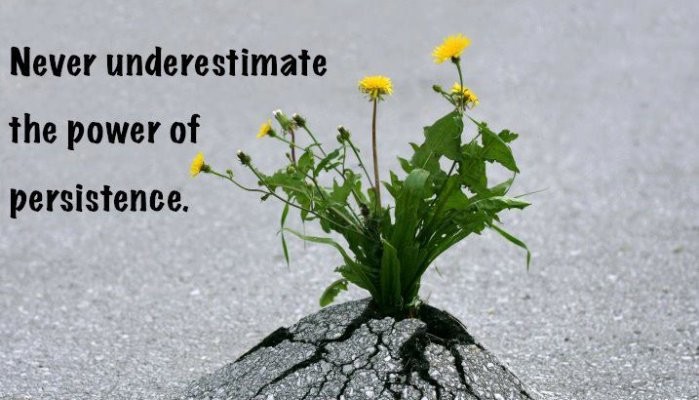Need an effective mediator?
There are six qualities you should demand.
Persistence
The persistent mediator will encourage the parties and their lawyers to keep negotiating despite all these factors discouraging them.

Persistence is required of mediators because the parties and, often, their lawyers don’t understand how much effort can be required to forge an agreement between parties who feel injured; who don’t trust each other; and who are only at mediation because the Court ordered them to mediate or because there is a statutory obligation to mediate.
Persistence also is required because one of the reasons that mediation is so successful in achieving settlements is that it forces parties to evaluate the options available to them (settlement vs continued litigation). It thus creates pressure to select the better one. Inevitably, however, the settlement option being offered to a party is not as good as the party had hoped to achieve. This is where persistence by the mediator is critical.
The longer a party reflects on the benefits of the settlement option presented by the mediation, compared to the unpredictable benefits and hazards of litigation, the more likely they are to agree to settle. The persistent mediator will keep the parties focussed on the tangible benefits of the settlement being offered, compared to the hard-to-quantify risks and benefits of abandoning the mediation and continuing to litigate.
Don’t get me wrong: I’m not saying that the mediator should advocate settlement over litigation. That decision is up to the parties, guided by their lawyers’ legal advice. But I am saying that a persistent mediator will make sure that a party being offered a settlement fully understands the benefits of the offer. Again, I’ve lost track of the number of times I’ve said,
As part of their offer, the defendant would [do A; or pay you B; or retract C]. This isn’t something you’d get if you went to Court and won your case. So this aspect of the offer is better than your best alternative to settling.